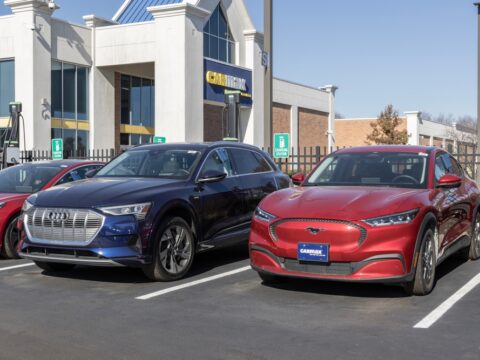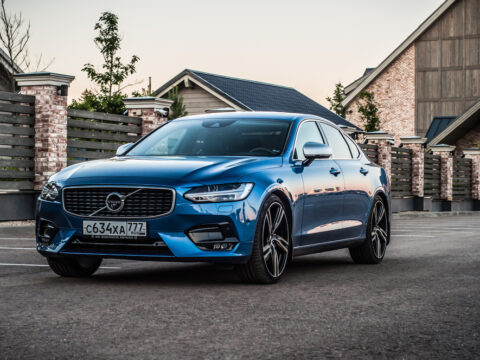In the world of muscle cars, while popular names like Mustang, Camaro, and Challenger often get the most attention for their power and speed, there are many lesser-known muscle cars that deserve recognition. These underrated classics, either overshadowed by more famous models, made by smaller companies, or simply ahead of their time, have their own unique mix of performance, style, and charm that should be celebrated.
Contents
1970 AMC Rebel Machine

This muscle car was produced by the lesser-known American Motors Corporation (AMC). With a 340-horsepower 390-cubic inch V8, it’s no slouch in the power department. The Rebel Machine also came with a distinctive red, white, and blue paint scheme, symbolizing its American roots. Despite its performance and striking looks, it’s often overshadowed by more famous models.
1974 Pontiac Firebird Super Duty
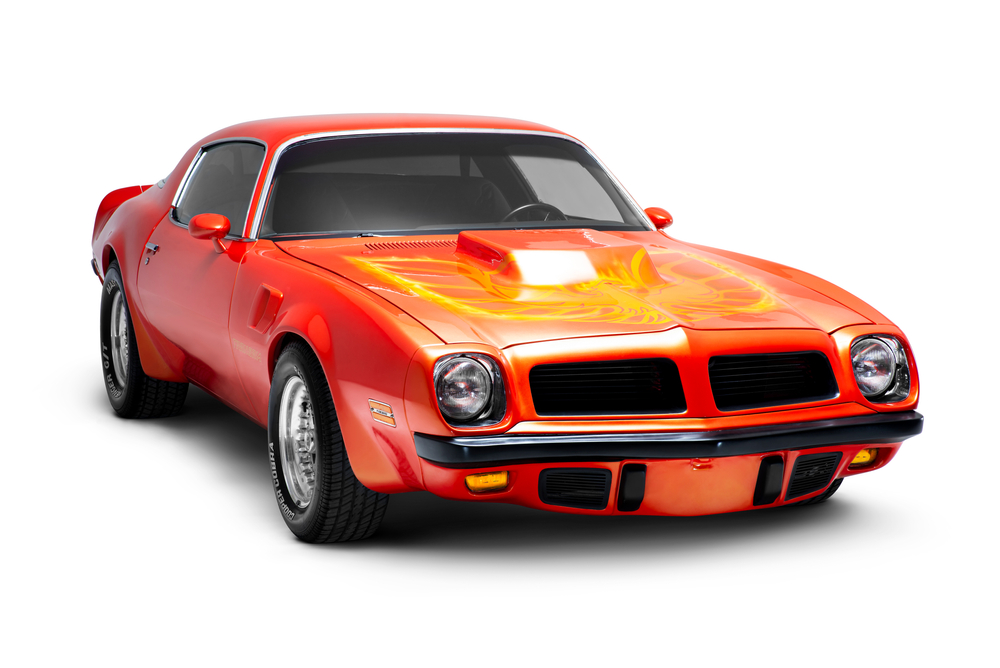
Amid the 1970s oil crisis, Pontiac still produced a high-performance version of the Firebird. The Super Duty featured a 455-cubic inch V8 that produced 290 horsepower, respectable numbers for the era. It’s less well-known largely due to the focus on fuel economy during its time.
1969 Mercury Cougar Eliminator
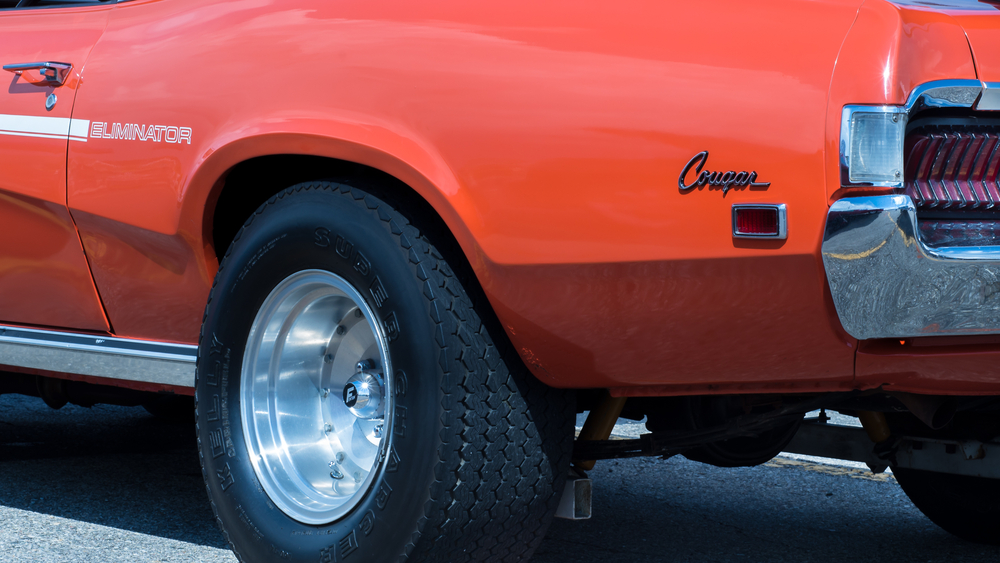
While the Mustang gets most of the Ford limelight, Mercury’s Cougar Eliminator packed a punch. With options including a 428 Cobra Jet engine, the Eliminator could hang with the best of them. It also featured unique styling, differentiating itself from its Ford cousin.
1968 Dodge Dart GTS
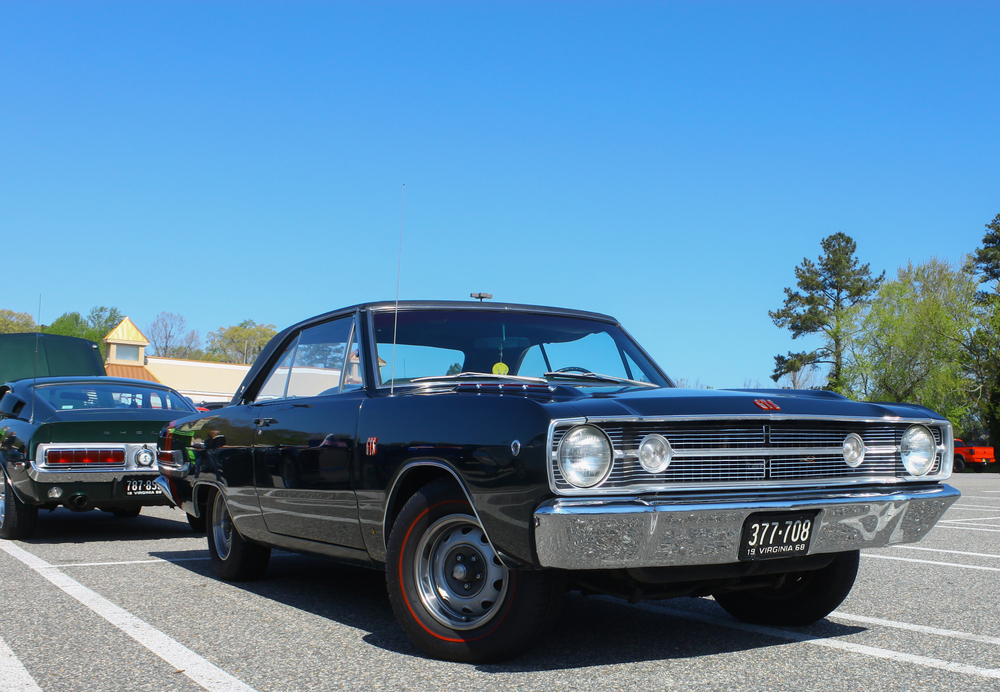
Though smaller than typical muscle cars, the Dart GTS had a big-block 383 or a 440 V8, making it a wolf in sheep’s clothing. With up to 375 horsepower on tap, it’s surprising this model doesn’t get more attention.
1970 Buick GSX
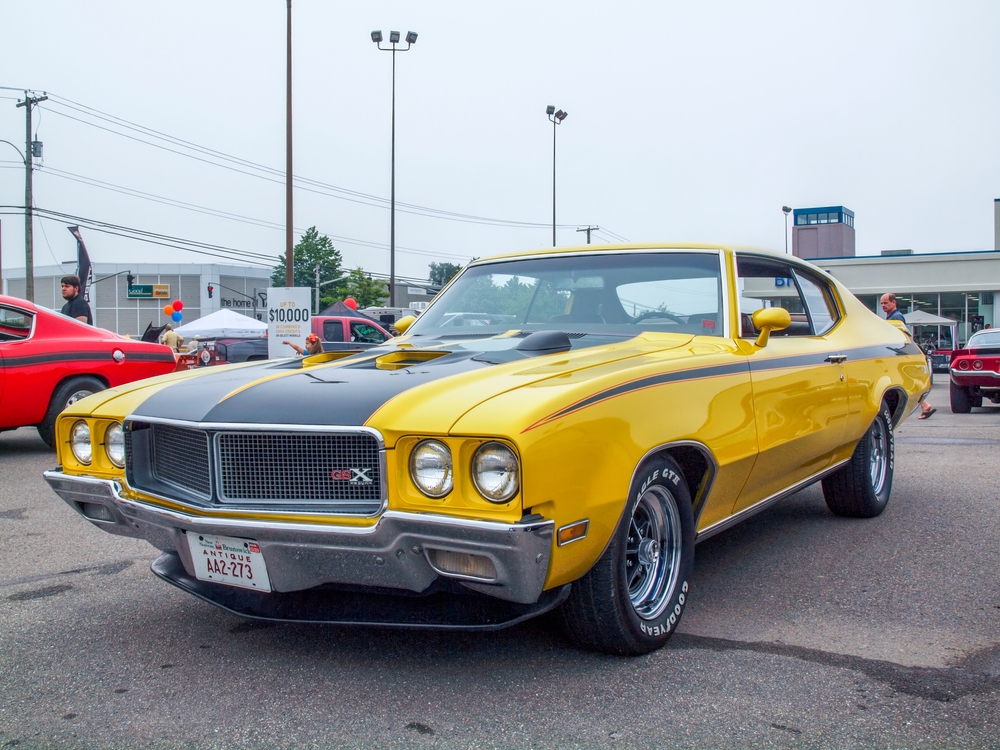
This Buick model is an example of luxury meets performance. Its 455-cubic inch V8 produced 510 lb-ft of torque, more than any other production muscle car at that time. Despite its prowess, it remains in the shadow of more iconic muscle cars.
1968 AMC AMX
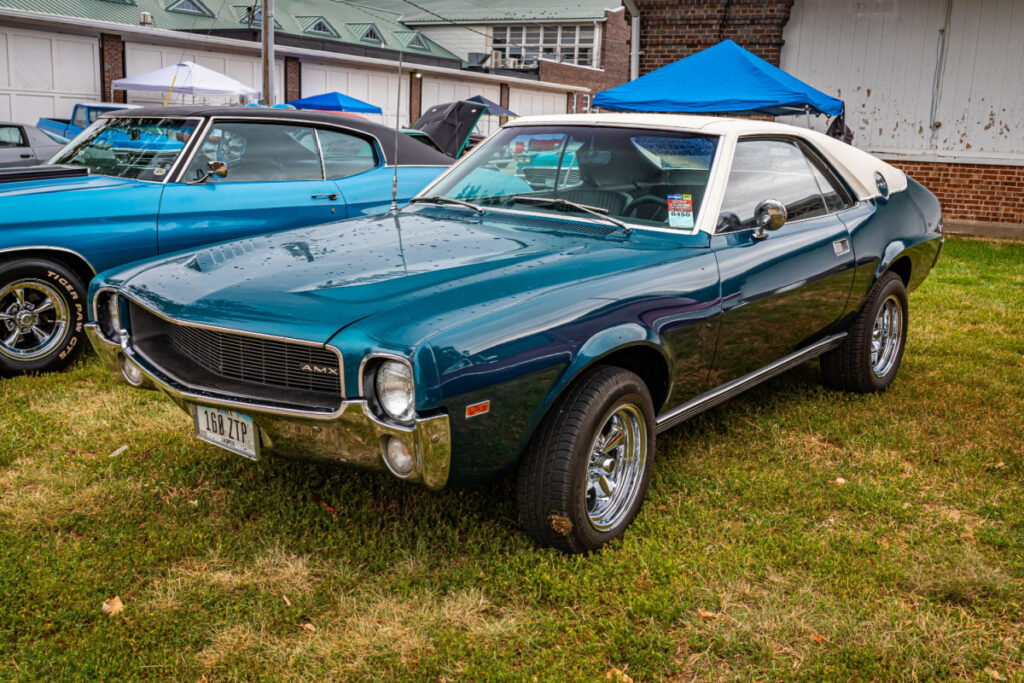
A two-seater muscle car is rare, but that’s exactly what AMC aimed to produce. Available with up to a 390-cubic-inch V8, the AMX offered an excellent power-to-weight ratio. Unfortunately, its unique two-seat configuration also limited its appeal.
1971 Oldsmobile 442
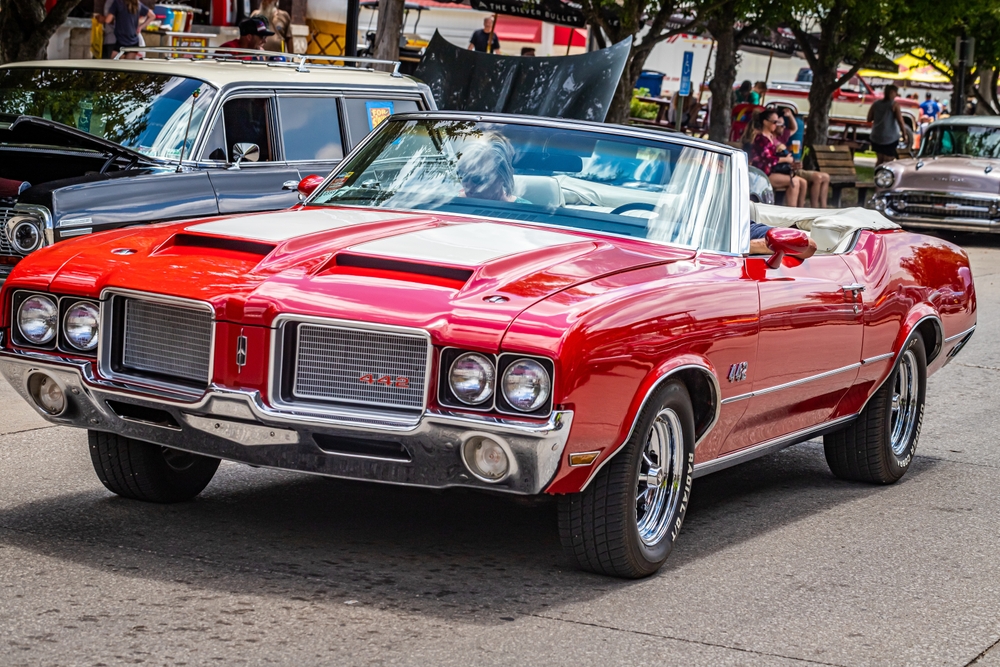
With a 455-cubic inch V8, this Oldsmobile could produce up to 370 horsepower and 500 lb-ft of torque. While the 442 was well-known in muscle car circles, it didn’t get the mainstream fame it deserved.
1963 Ford Galaxie 500XL
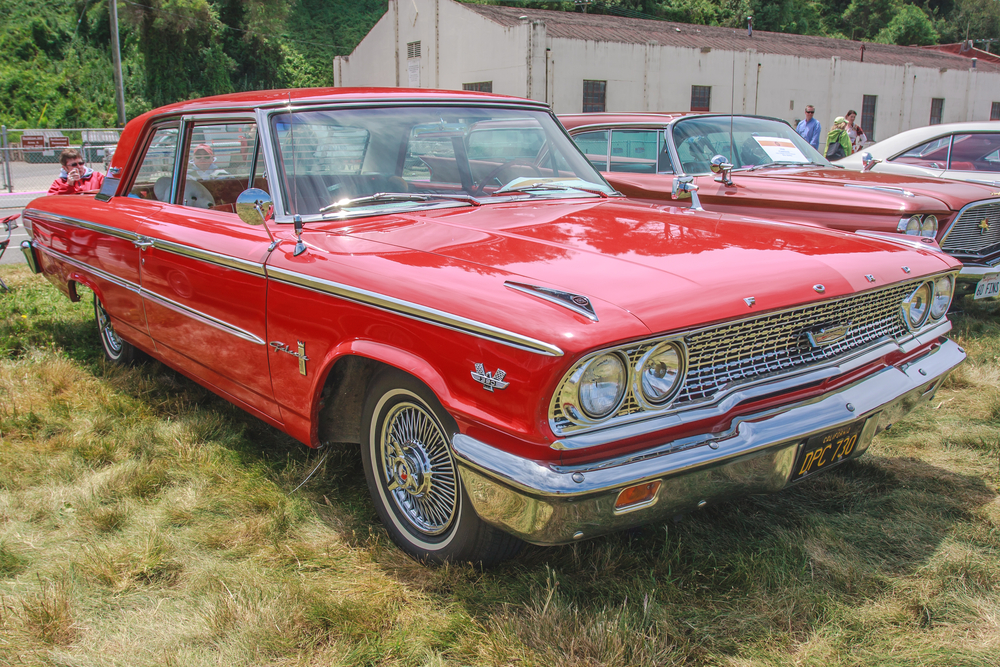
With a 427-cubic inch V8, the Galaxie 500XL was an early example of what a muscle car could be. Despite its powerful engine and performance attributes, it often takes a backseat to the Mustang in discussions of Ford muscle cars.
1969 Dodge Coronet Super Bee
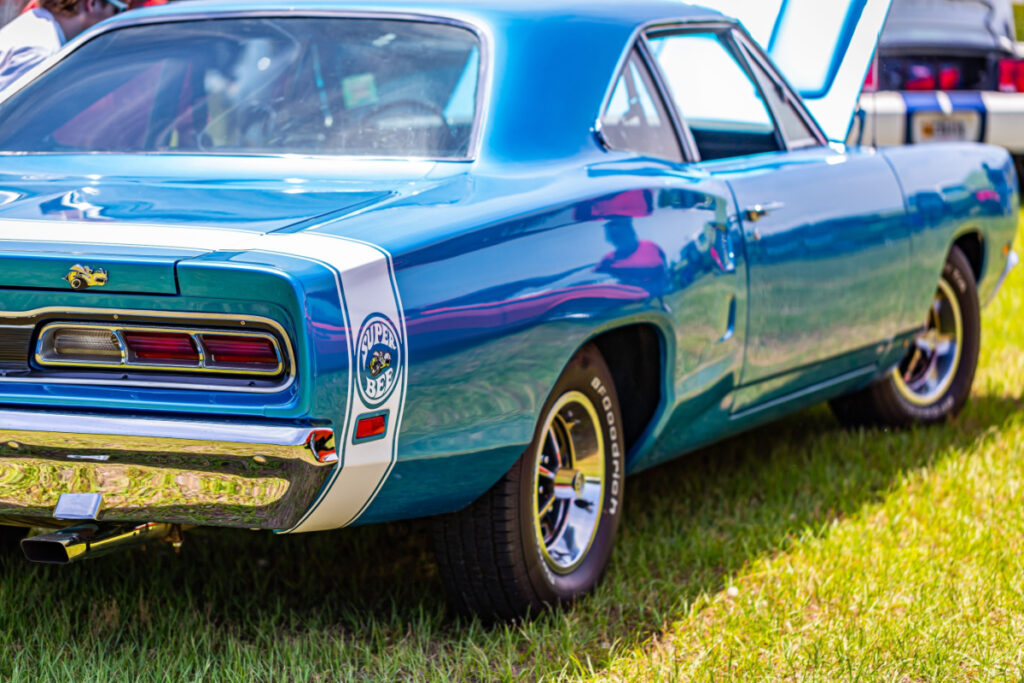
Despite its whimsical name, this car was serious business. With options for a 426 Hemi or a 440 Six Pack, the Super Bee was both fast and affordable. However, it’s often overlooked in favor of the Charger and Challenger.
1965 Oldsmobile 442
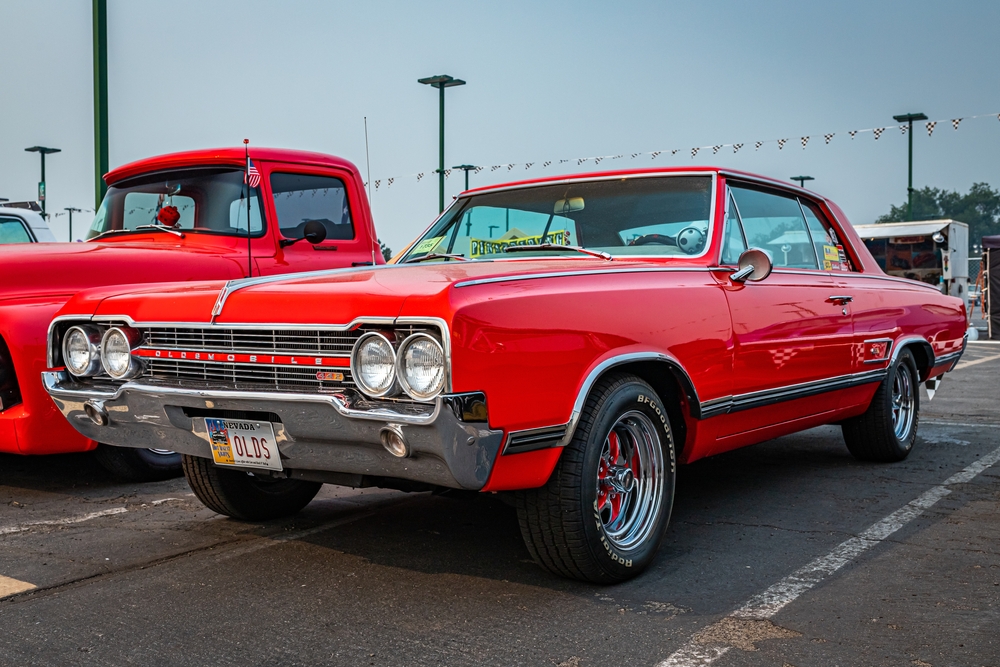
This early muscle car featured a 400-cubic-inch V8 with 345 horsepower. Its name signifies its 4-barrel carburetor, 4-speed manual, and dual exhausts. It was sophisticated for its time but didn’t gain as much fame as its contemporaries.
1971 Plymouth GTX
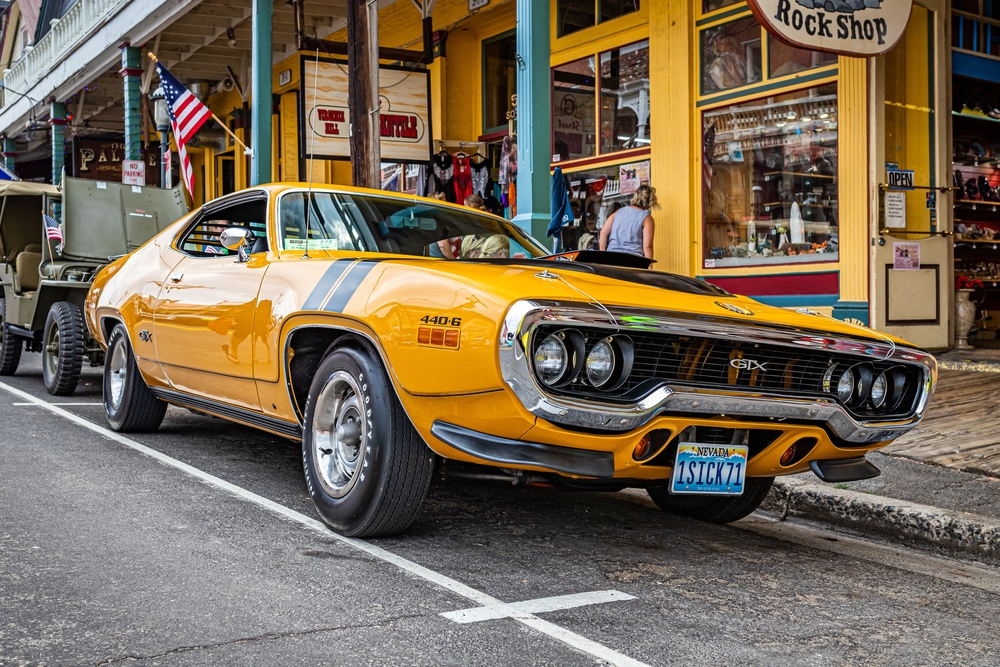
With options like a 440-cubic inch V8 or a 426 Hemi, the GTX was a top performer. Despite this, it often gets overshadowed by the more famous Road Runner and Barracuda models from Plymouth.
1970 Mercury Cyclone GT
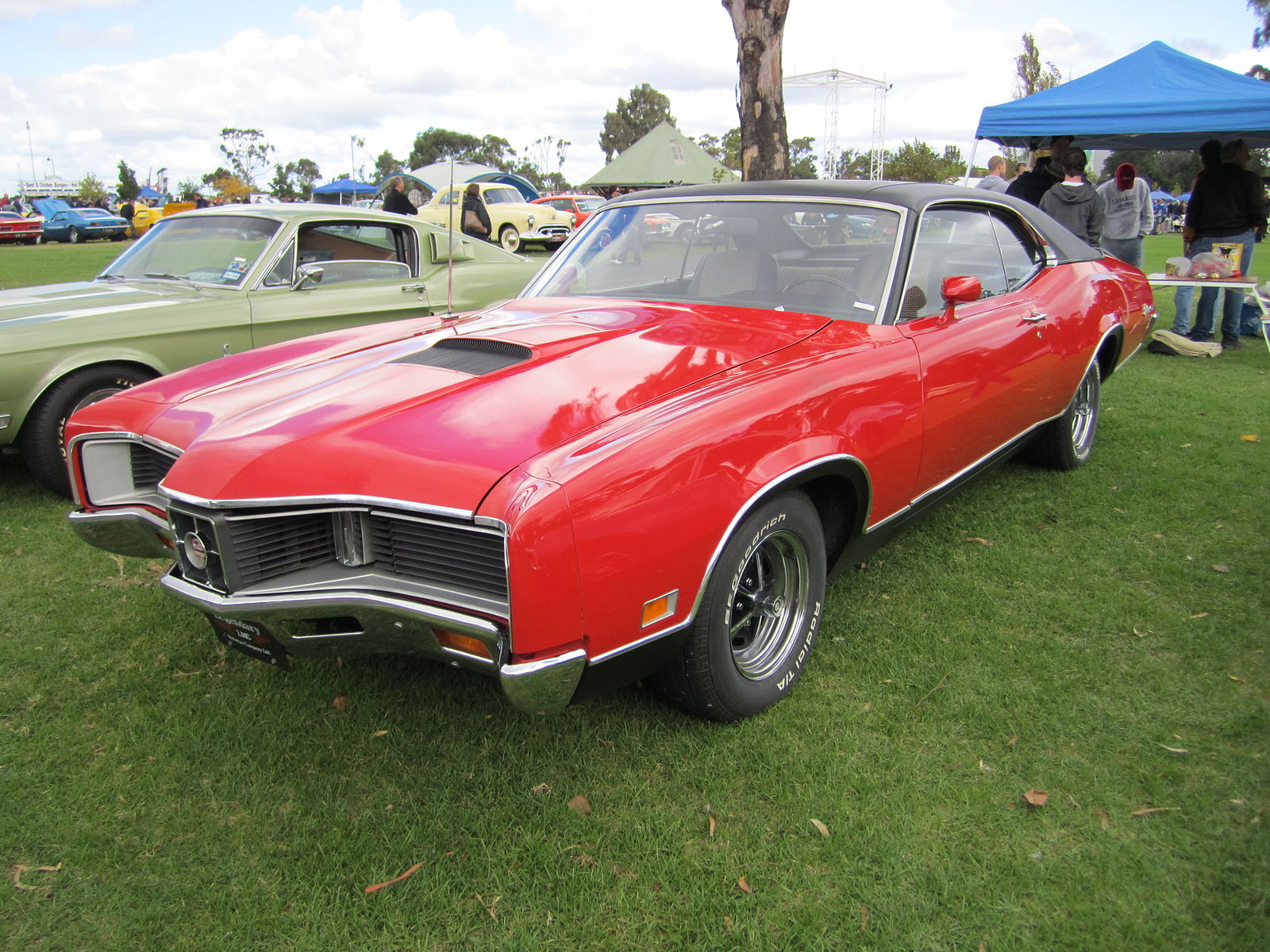
The 1970 Mercury Cyclone GT featured a 351-cubic inch Cleveland V8, capable of producing 300 horsepower. Despite its aggressive front grille design and respectable power, it was overshadowed by more popular contemporaries like the Ford Mustang and Chevrolet Camaro. Its higher price point and Mercury’s luxury branding didn’t resonate with the traditional muscle car audience looking for raw performance over style.
1972 Pontiac Ventura Sprint
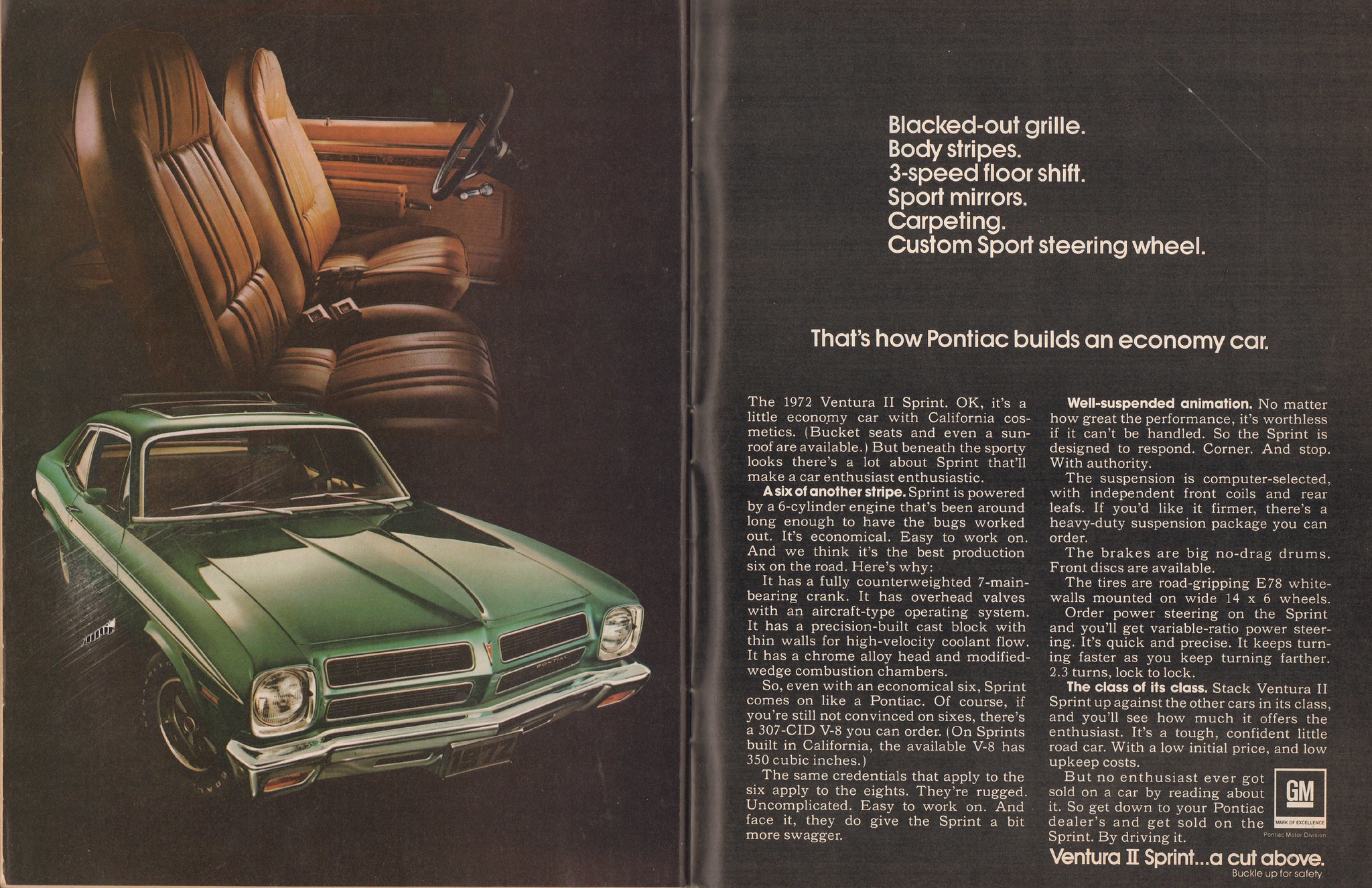
The Ventura Sprint was equipped with a 307-cubic inch V8, which was modest compared to the larger engines of its Pontiac siblings. Its performance was decent, but it failed to gain the spotlight due to its understated design and the overshadowing presence of the Pontiac GTO, which dominated Pontiac’s muscle car image with more power and a bolder style.
1971 Chevrolet Nova SS
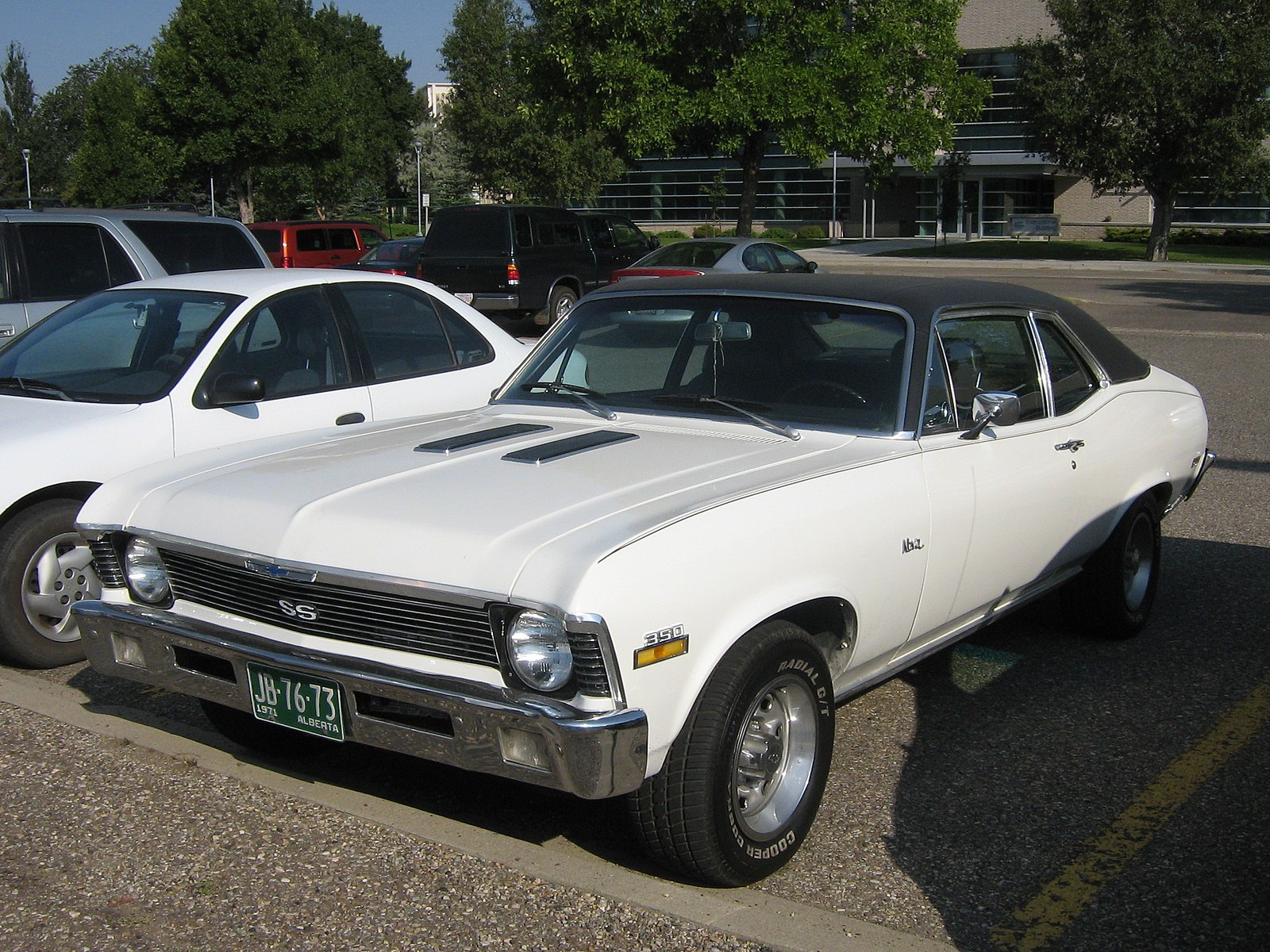
Despite being powered by a robust 350-cubic inch V8 engine that could be outfitted to produce up to 270 horsepower, the 1971 Chevy Nova SS often flew under the radar due to its subtle styling and the overshadowing fame of the Chevrolet Camaro and Chevelle SS models. The Nova SS’s more understated, boxy design lacked the flashy aesthetics that many muscle car enthusiasts craved during that era.
1969 Ford Torino Talladega
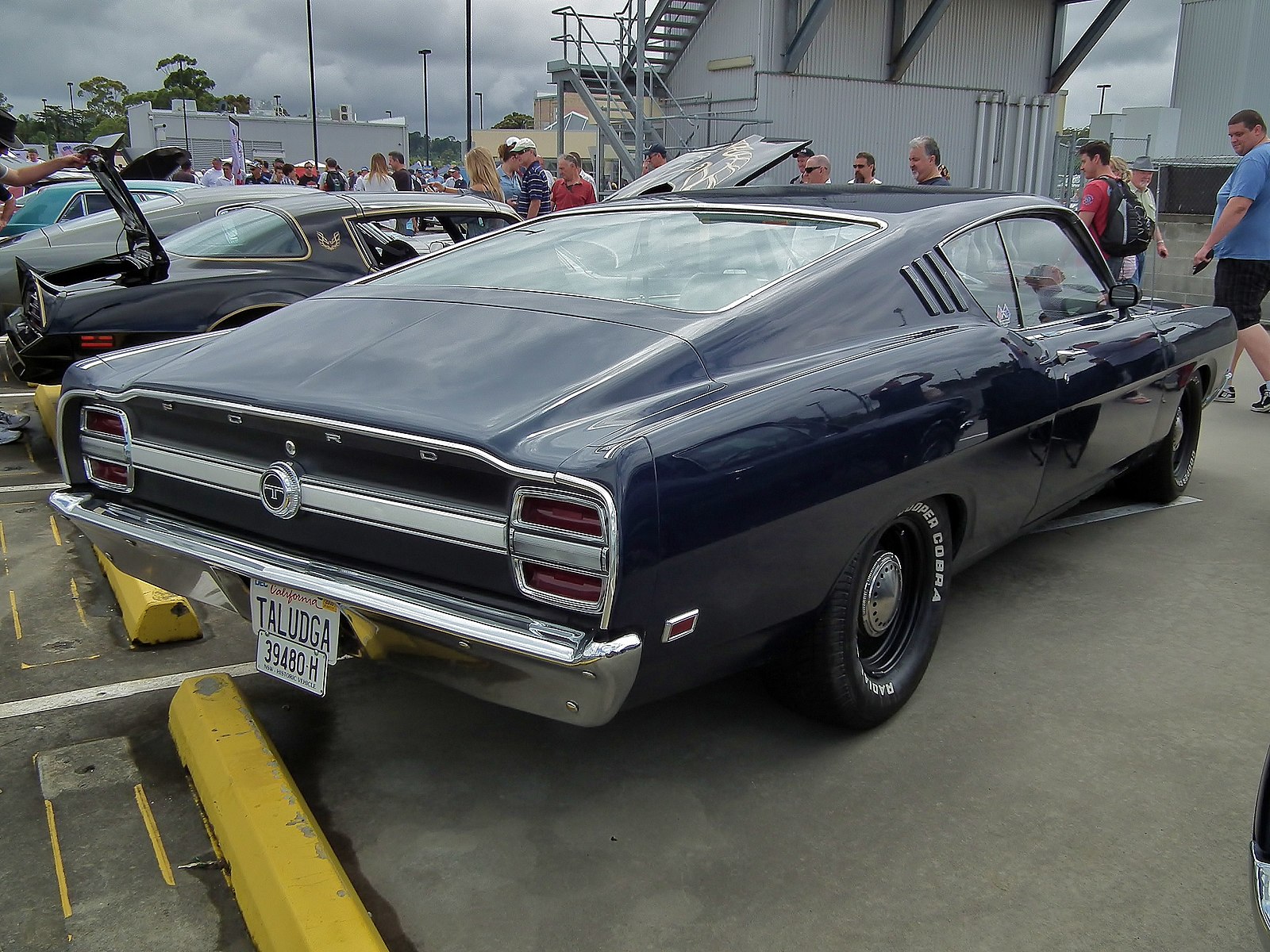
The Torino Talladega was a special aerodynamic version of the Torino, designed specifically to dominate NASCAR. Despite its 428-cubic inch Cobra Jet V8 engine and racing pedigree, the car was overlooked by many due to its limited production numbers and its very specific purpose, which made it less practical and less known outside of racing circles.
1970 Dodge Coronet R/T
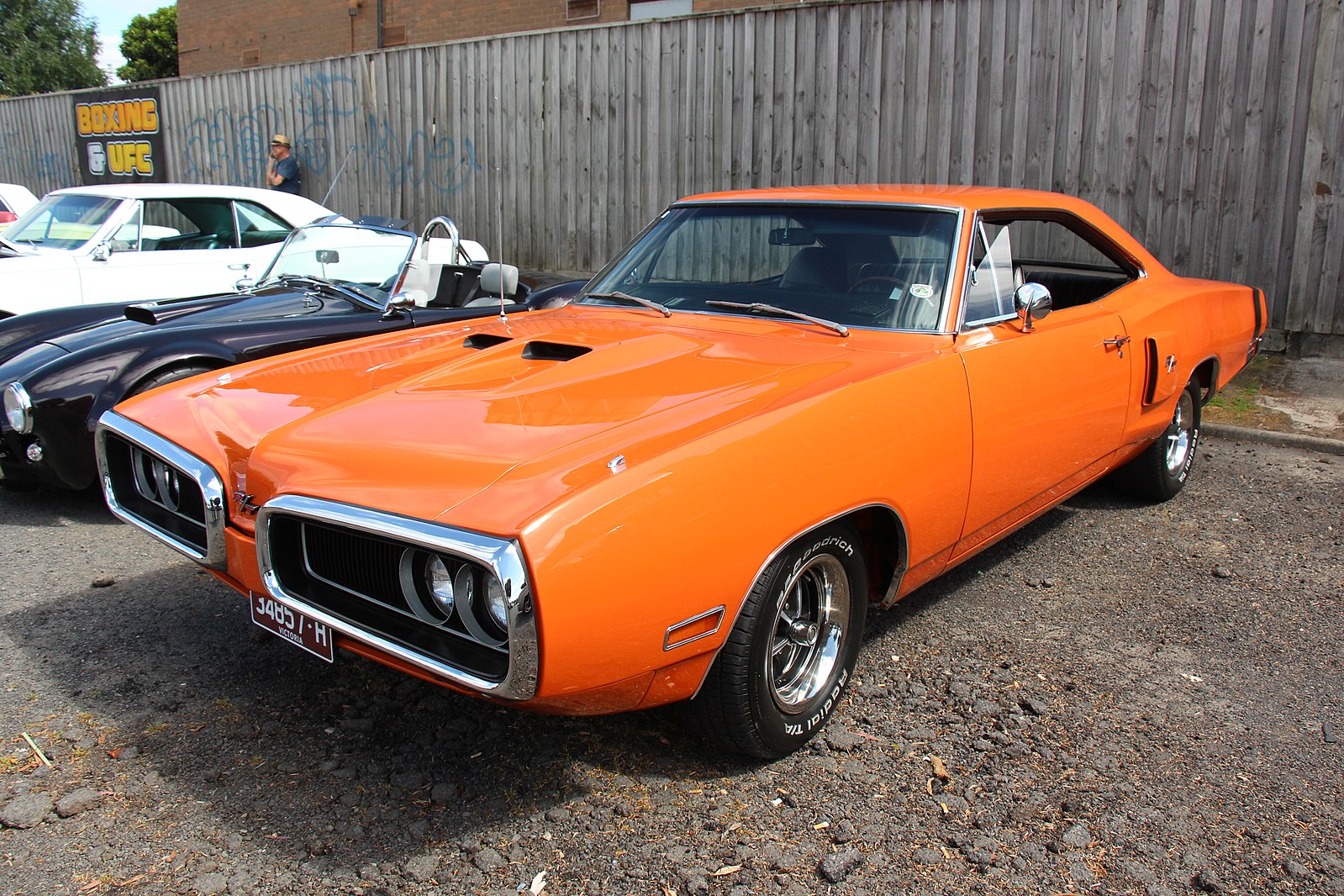
The Coronet R/T came equipped with a variety of powerful engines, including a 440-cubic inch Magnum V8. Despite this, it was often overshadowed by the more famous Dodge Charger and Challenger models of the same era. The Coronet R/T’s more subdued styling and the internal competition within Dodge’s lineup limited its popularity.
1974 AMC Matador
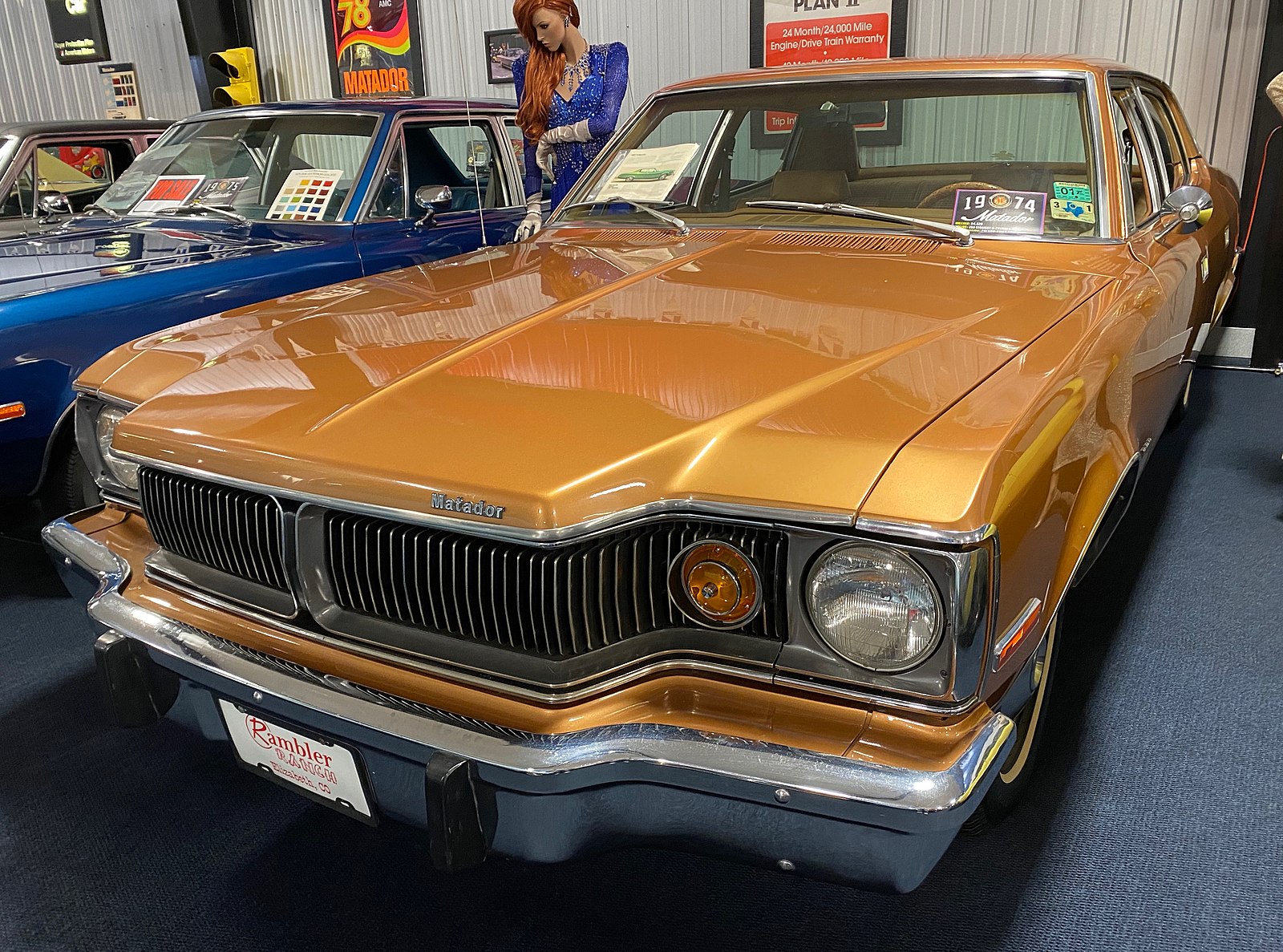
The AMC Matador is not typically remembered as a muscle car, but the 1974 model could be equipped with a 401-cubic inch V8, producing respectable power. The Matador’s unique styling, which included a pronounced nose and elongated tail, was either loved or hated, and it lacked the aggressive, sporty cues typically associated with muscle cars, leading to its niche status.
1970 Plymouth Road Runner Superbird
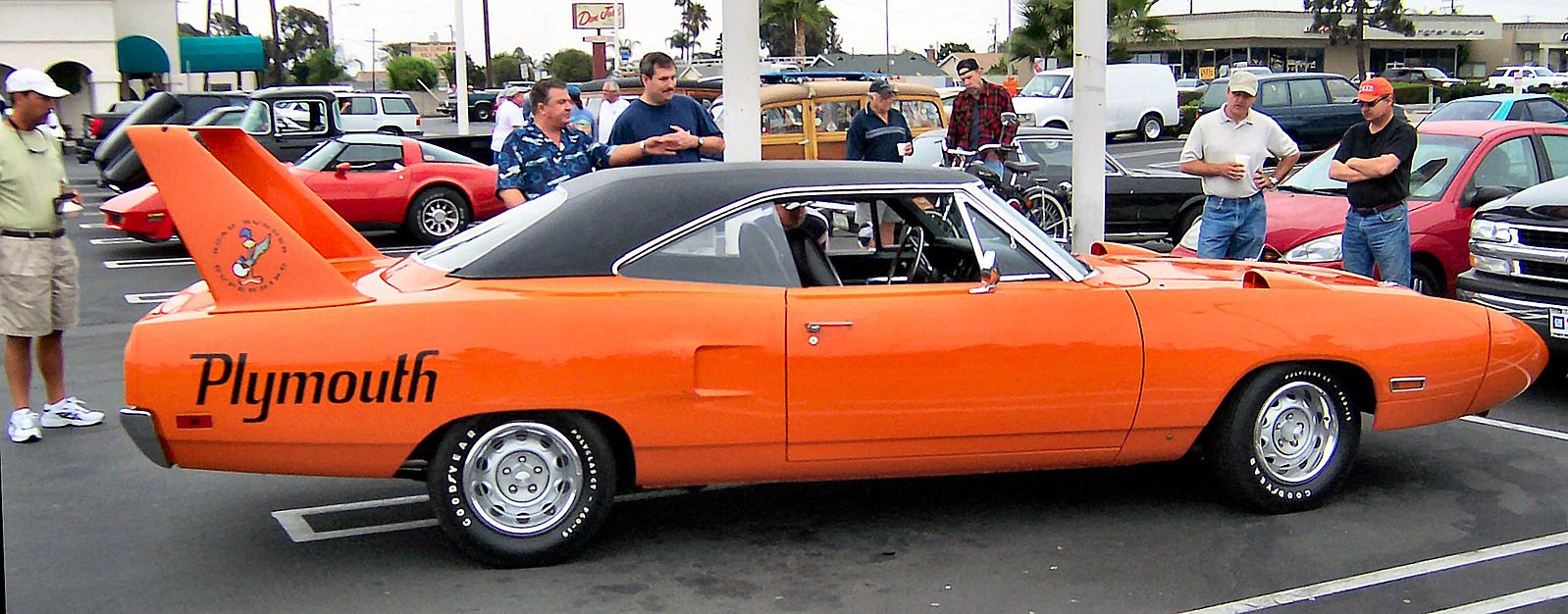
Designed for NASCAR, the Superbird, with its distinctive nose cone and massive rear wing, was a high-performance version of the Road Runner. Despite its powerful 426 Hemi or 440 Super Commando V8 options, its very bold aerodynamic modifications meant it was considered too extravagant for mainstream tastes, limiting its appeal.
1968 Buick Skylark GS California
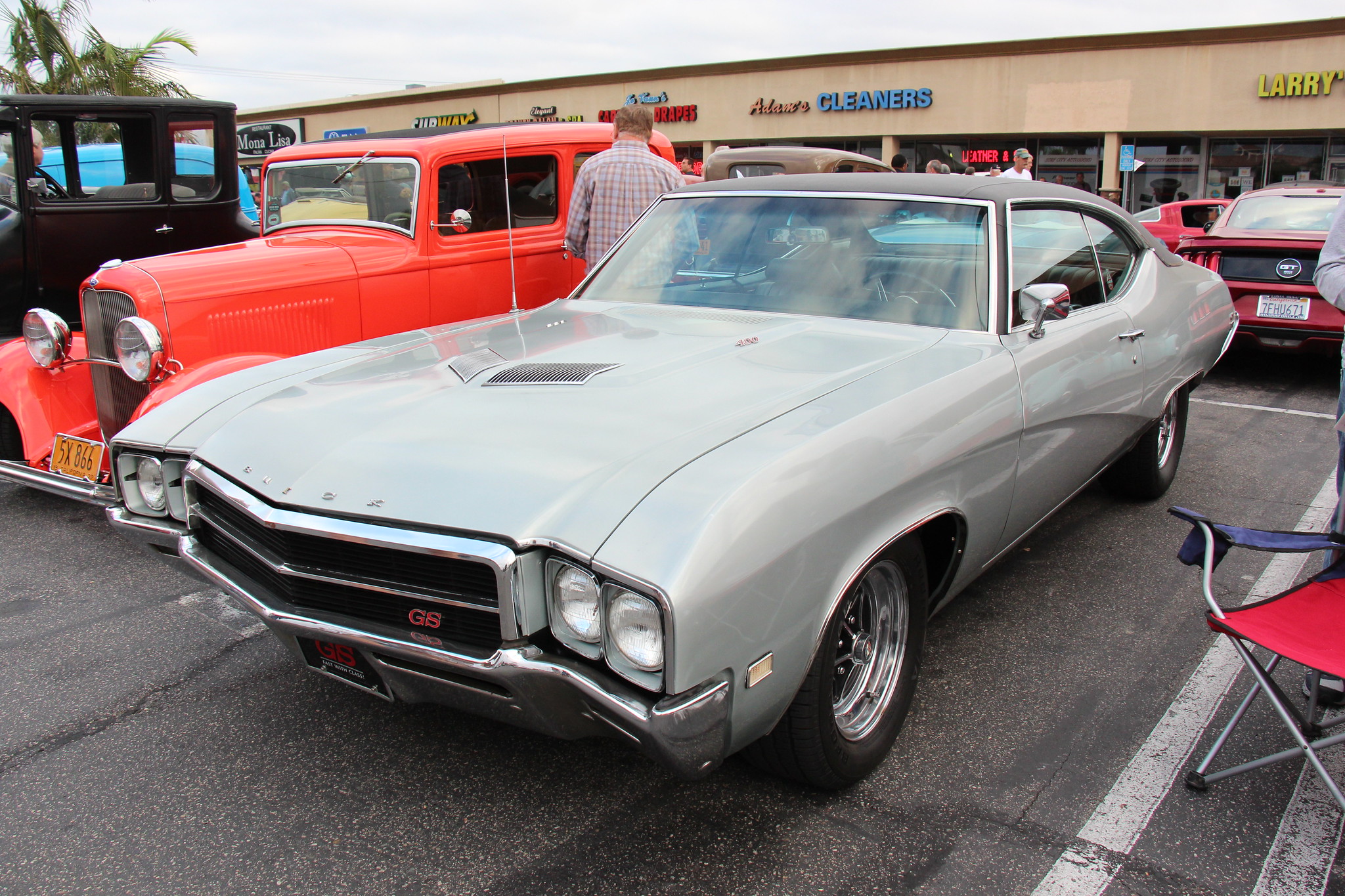
The Skylark GS California was designed as a budget muscle car with a 350-cubic inch V8, tailored for Buick buyers in California. It offered good performance but lacked the more aggressive features of higher-profile muscle cars, leading to its reputation as a more subdued option.
1967 Oldsmobile Cutlass 442 W-30
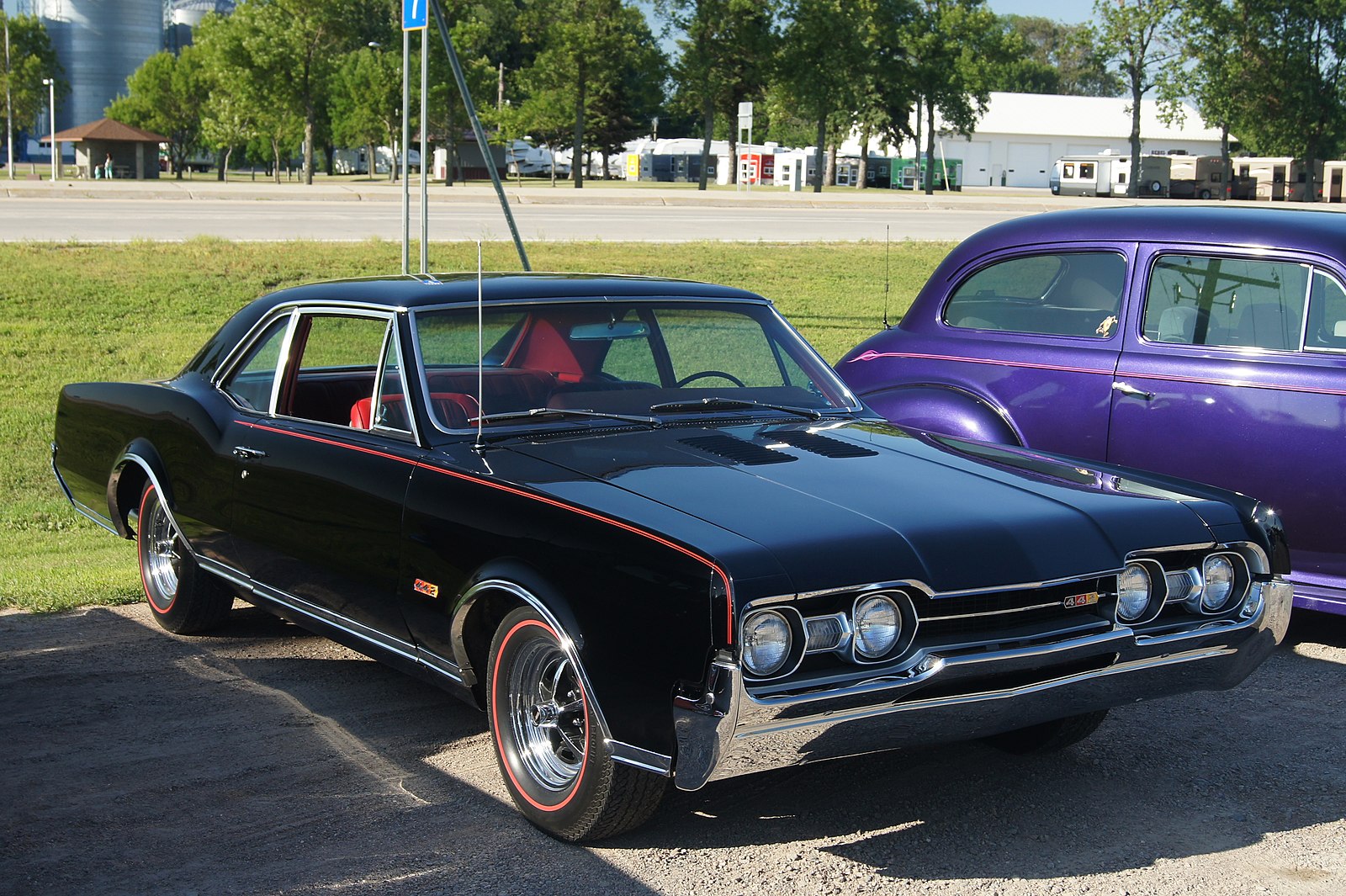
The W-30 package added a performance boost to the regular 442 model, with a 400-cubic inch V8 enhanced for better airflow and higher output. Despite its improved performance, the W-30 was often overshadowed by more popular Oldsmobile models and its subtle badging and styling updates did not do enough to distinguish it from the standard 442.
This article originally appeared on MyCarMakesNoise.
More from MyCarMakesNoise
20 Cars That Have Faded from Everyday Roads

These cars, once common on American and European roads, now rest in museums as symbols of past technological progress. Read More.
The Most Fuel-Efficient Motorcycles Revealed

Enter the realm of fuel-efficient motorcycles, a blend of innovation, performance, and economy that answers the daily commute dilemma. Read More.
Uncovering the MostUnnecessary Car Features

In the race to outdo competitors and captivate consumers, automakers often fill their vehicles with an array of features, promising cutting-edge technology and unparalleled comfort. But is more always better? Read More.

